The Federated Model
The Frozen Ark Consortium comprises partners distributed across five continents with representation in the UK through universities, zoos, the Zoological Society of London (ZSL) and the Natural History Museum (NHM). The consortium also includes partners from Ireland, Germany, Denmark, Norway, the USA, Colombia, South Africa, India, Vietnam, Malaysia, South Korea, Australia and New Zealand and has a direct link to the IUCN (International Union for Conservation of Nature) through its Conservation Genetics Specialist Group.
The Frozen Ark aims to provide coordination and promote communication, collaboration and expertise exchange between organisations that are dedicated to collect and preserve genetic material from endangered animal species.
Focus on UK and European Zoological Biobanks (click to expand)
Working With Others
The Frozen Ark works closely with Partners in the UK and worldwide. This network will be widened through both public outreach and wider awareness-raising within the conservation community, including emerging organisations that are focusing on climate change and its impact. The Frozen Ark will continue to work with the British Association of Zoos and Aquaria (BIAZA), the UK scientific community (university laboratories and research institutes) and museums. The Frozen Ark continues to offer specialist advice and support to institutions who are establishing new biobanks around the World and it is planned that this is formalised into a ‘hub and spoke’ network.
Partners work through a Memorandum of Understanding and a Partnership Pack includes protocols for sample collection. Frozen Ark members continue to work amongst the academic and scientific communities worldwide, where the importance of biobanking of endangered species is promoted. The Frozen Ark is a core element of a wider collaborative consortium supported by the £1.3M BBSRC Bioinformatics and Biological Resources Fund grant awarded to the CryoArks Biobank. CryoArks will provide cryopreservation infrastructure, databasing, a sampling initiative and public outreach in a coordinated effort to gather and curate genetic material for conservation and research for all animal species in UK collections, not just endangered species.
The diagram opposite sets out the inter-relationship of the UK and European Zoological Biobanks i.e. EAZA, CryoArks and the Frozen Ark biobanks. An important outcome of this partnership will be the formation of the Frozen Ark database of genetic samples from endangered and threatened species held in the UK and by our global partners.
The CryoArks Partnership
CryoArks was developed to address the need to provide a sustainable resource of samples for genetics and genomics research on animal species. Species and populations are disappearing from the wild and permitting issues are increasingly becoming a barrier for fundamental science and conservation management projects. Therefore, there is a clear and increasingly evident need to responsibly curate and make available samples that have been collected in the past is becoming more and more evident.
The aim of CryoArks is to ameliorate these problems by leveraging the vast range of samples that have been collected in the past, by sampling as many new species and populations from ex-situ collections over the coming years and bringing these collections together, both physically and informatically, to provide a resource that will be responsibly managed but with the rights and responsibilities of scientists in mind.
Visit: www.cryoarks.org
The Frozen Ark Consortium Partners
Universities
University of Nottingham
The University of Nottingham houses the headquarters of the Frozen Ark, with office and laboratory space designed specifically for the project.
Cardiff University
The Frozen Ark research team, including the Interim Director, are currently based here. The university provides space for Frozen Ark’s research in animal biobanking practices.
Zoos and Aquaria
ZSL
The ZSL / Institute of Zoology (IoZ) is a world-renowned research centre working at the cutting edge of conservation science, organised around a number of strategically important research areas.
Twycross Zoo
Twycross Zoo is a registered charity dedicated to preserving some of the most endangered species on the planet. As a charitable zoo, we reinvest all of our income in animal conservation, education and research.
Conservation Biobank
The Conservation Biobank are a national approved zoological garden supported by the state of Denmark.
Auckland Zoo
Auckland Zoo is a not-for-profit organisation under the governance of Regional Facilities Auckland.
Chester Zoo
The North of England Zoological Society is the organisation that runs Chester Zoo and our conservation campaign, Act For Wildlife. It was formed by the zoo’s founder, George Mottershead, in 1934.
National Museum of Marine Biology and Aquarium
The NMMBA was established in 1991. The NMMBA introduced the Waters of the World in 2000.
Dublin Zoo
Dublin Zoo is Ireland’s most popular family attraction, and welcomes over one million visitors each year.
Museums
National History Museum
The Natural History Museum, London is a world-class visitor attraction and leading science research centre.
Leibniz
Institute for the Analysis of Biodiversity Change (LIB)
LIB is composed of two German museums and has a state-of-the-art biobank and cell culture lab.
Institutes
Institute of Rhino Cryogenetics
The IRC is very much in its infancy in creating a biobank of DNA and cellular material from African Wildlife from free ranging wildlife in South Africa.
IUCN Conservation Genetics Specialist Group
The Conservation Genetics Specialist Group (CGSG) is a Specialist Group of the Species Survival Commission (SSC) of IUCN. The CGSG, co-chaired by Prof Mike Bruford and Prof Gernot Segelbacher, acts as focal point for the conservation genetics community.
Korean National Research Resource Center
The Frozen Ark and the Korean National Research Resources Center have an affiliate research agreement.
Mediterranean Marine Mammal Tissue Bank
The Mediterranean marine mammal tissue bank aims to receive and freely distributing cetacean tissue samples and information about marine mammals.


















